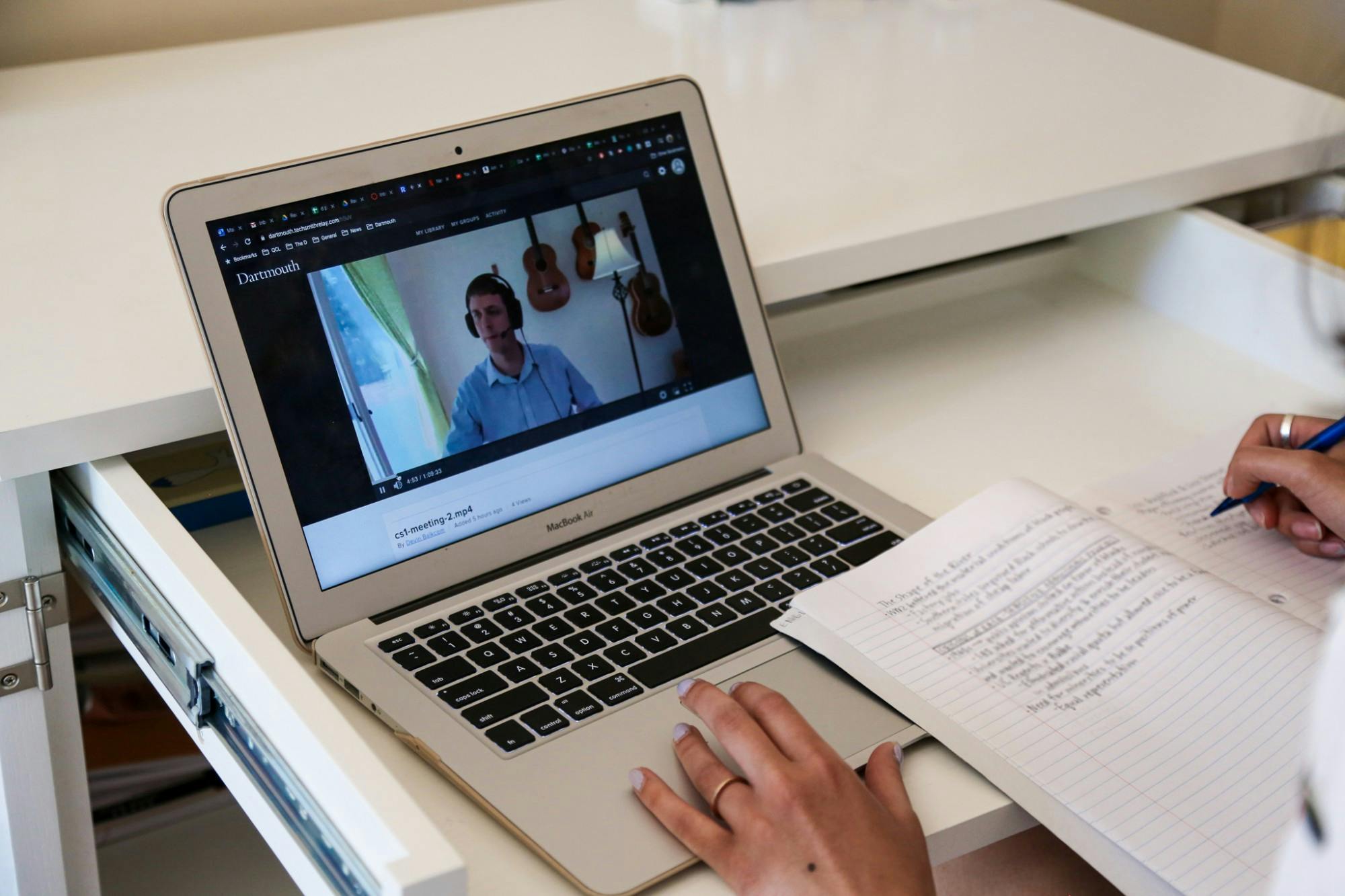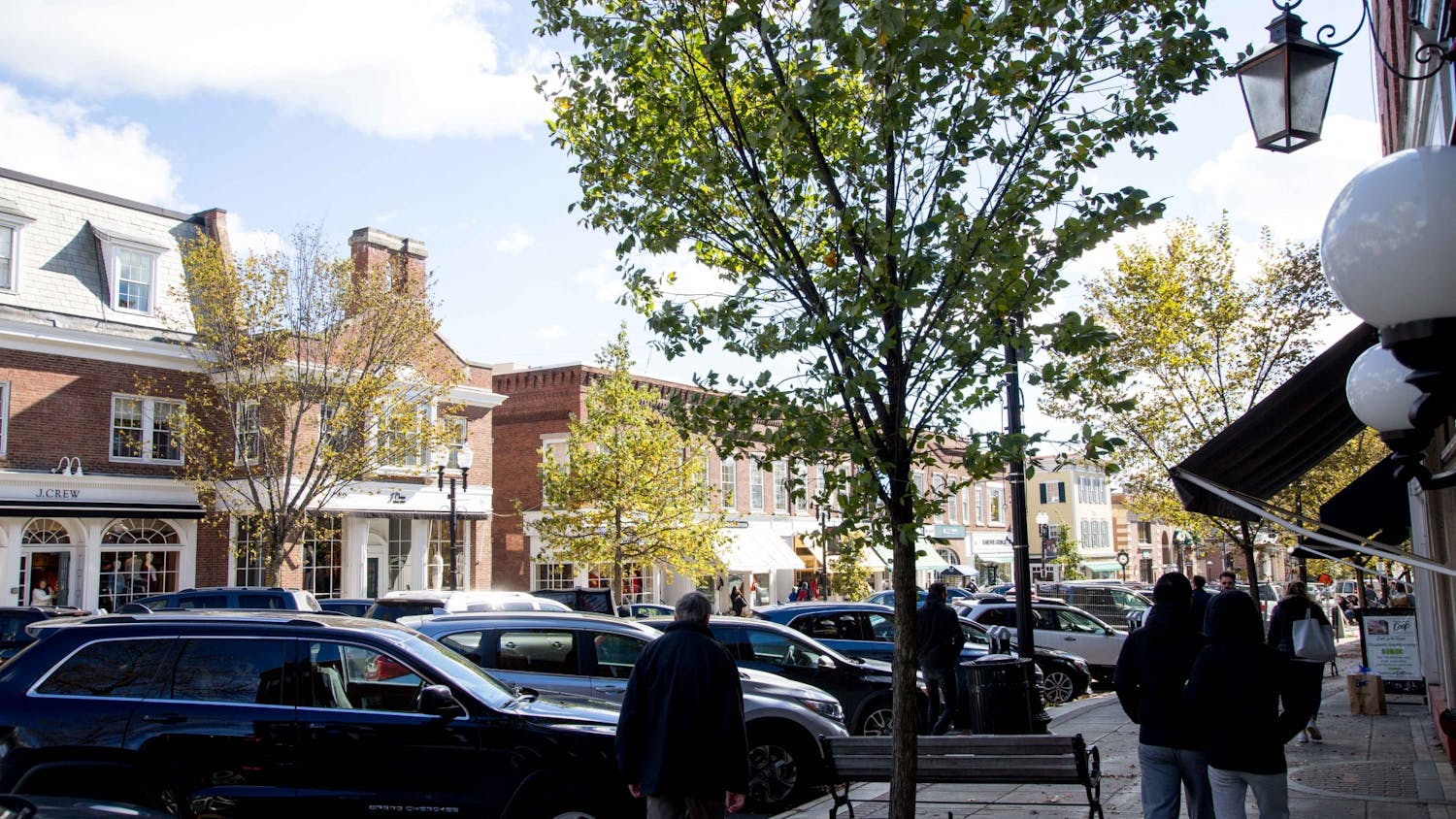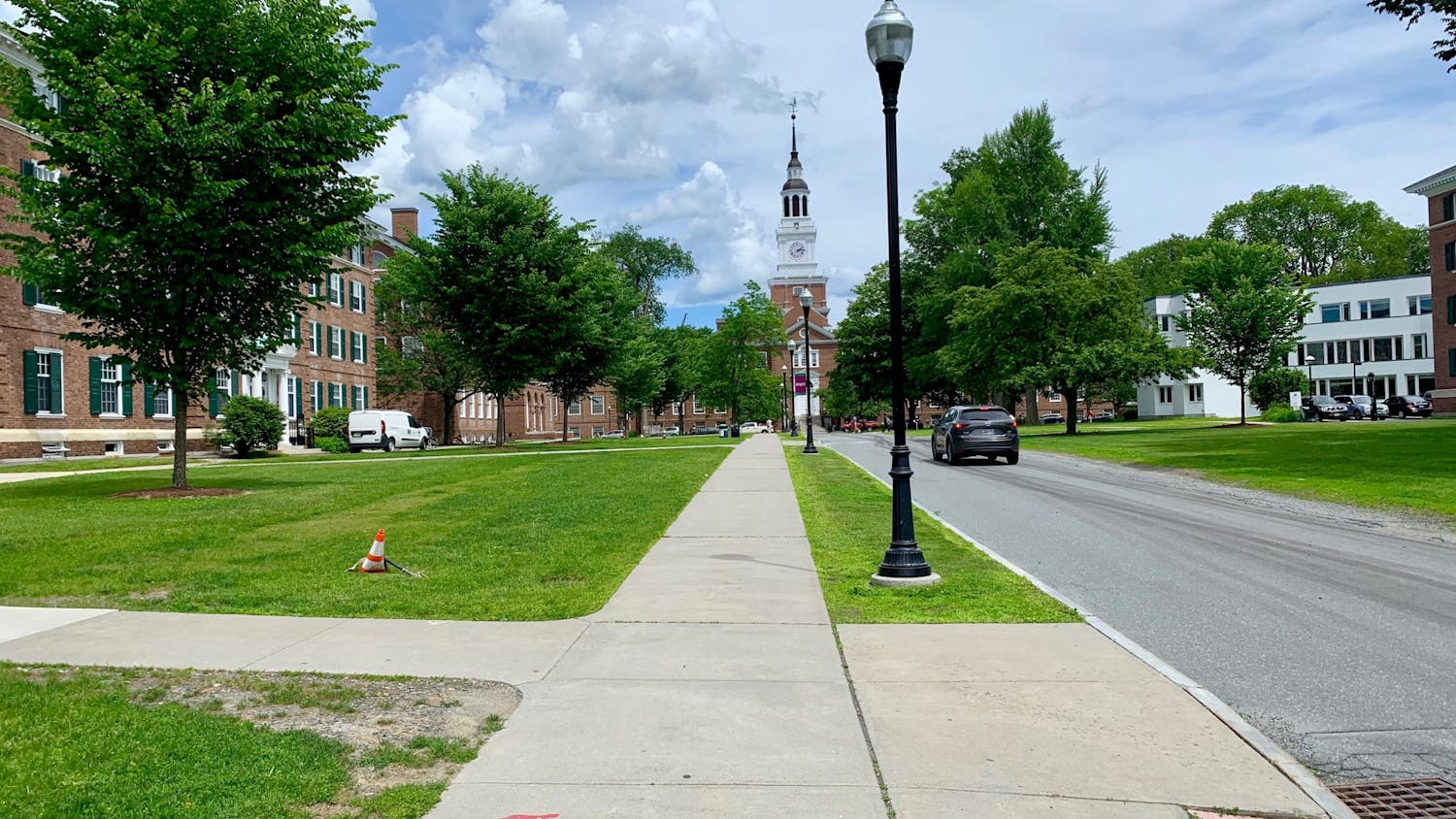Updated Aug. 21, 2020 at 10:37 p.m.
Faculty members circulated a letter Friday morning urging Dartmouth to join peer institutions in reversing their decisions to return undergraduates to campus. The letter, addressed to College President Phil Hanlon and Provost Joseph Helble, calls on the College to “adopt a fully remote, non-residential plan” in the fall.
As of Friday evening, the letter has been signed by over 150 faculty members, including all of the undergraduate house professors and chairs of the anthropology, English, education, women’s, gender and sexuality studies, religion, sociology and theater departments.
The letter comes as a number of institutions across the country, including Columbia University, Princeton University, Stanford University and the University of Pennsylvania, have walked back plans to return students to campus in the fall.
Experiences at peer institutions, the letter argues, have shown that just a “small amount of unsafe activity” can lead to an outbreak.
In response to the faculty letter, Student Assembly circulated a letter urging Hanlon and Helble to “consider every means necessary” to allow students back on campus. The SA letter has garnered nearly 600 signatures from students and recent alumni as of Friday evening.
SA vice president Jonathan Briffault ’21 said that he was “very concerned” by the faculty letter and felt that it was an “obligation” for SA to “speak up for those students who wouldn’t be able to complete their studies and stay safe at home.”
The SA letter cites concerns over a lack of access to resources, such as health care, housing and food, as well as the consequences of isolation and working from home on mental health.
The faculty letter, meanwhile, praises Dartmouth’s recent decision to delay the announcement of student arrival dates, stating that “evidence” from other institutions and faculty experiences at Dartmouth have prompted them to believe that the College cannot maintain a “safe campus,” even with Dartmouth’s “extensive” plans.
Although the letter says it aims to “not demonize college students in particular,” it describes the idea that students can safely live in dorms as a “dangerous notion” that “will undoubtedly work in opposition to our public health protocols.”
SA’s letter contends that Dartmouth is in a “uniquely qualified position” to return students to Hanover, referencing the limited number of students allowed back on campus in the College’s plans and the College’s “close association” with Dartmouth-Hitchcock Medical Center.
"The announced plan will welcome back just 2,300 students while reserving six housing clusters for quarantine and isolation,” the SA letter states. “As a result, any students who arrive on campus with COVID-19, or contract it following their arrival, will be safely isolated and cared for while protecting the community."
However, the faculty letter expressed concern with student wellness under Dartmouth’s current plan. It states that restrictions “will introduce significant challenges for student learning, including but not limited to the strain of isolation, the threat or reality of illness, and collateral stressors on mental, intellectual, and emotional health.”
The faculty letter also casts doubt on the value of a restricted, residential experience. Faculty point out that, “a highly restricted residential experience, if executed safely, will not resemble our typical, vibrant learning community.”
The SA letter acknowledged these restrictions, stating, “Even if classes are not held in lecture halls, students need a safe place to spend the fall. Even a restricted on-campus experience will benefit students, their education, and our community.”
Those who signed the faculty letter voiced particular concern for Dartmouth staff, many of whom are forced to live on campus and even in residential halls with family members. Moreover, the letter argues that in an effort to appease the College’s “desire to support in-person interactions,” faculty members will be in “uncomfortable, unsafe, and even irresponsible positions.”
Faculty concerns also encompass the public health of the Upper Valley. The letter mentions that outbreaks at Dartmouth could create “a cascade of interlocking negative impacts” that would affect the elderly and potentially disrupt local plans for in-person K-12 education, where students are “far more likely to suffer long-term negative impacts from remote education.”
Briffault said that SA wrote its letter in part to “speak up on behalf of students after seeing so many community groups in Hanover denigrate the importance and trustworthiness of students on campus,” citing Hanover town manager Julia Griffin’s recent op-ed in The Dartmouth that criticized the “irresponsible behavior” of students currently living off campus in Hanover.
“We want to emphasize that students want to come back not to burden the community, not to endanger the community, but to be part of the community that they care so much about,” Briffault said.
Elizabeth Janowski contributed reporting.




